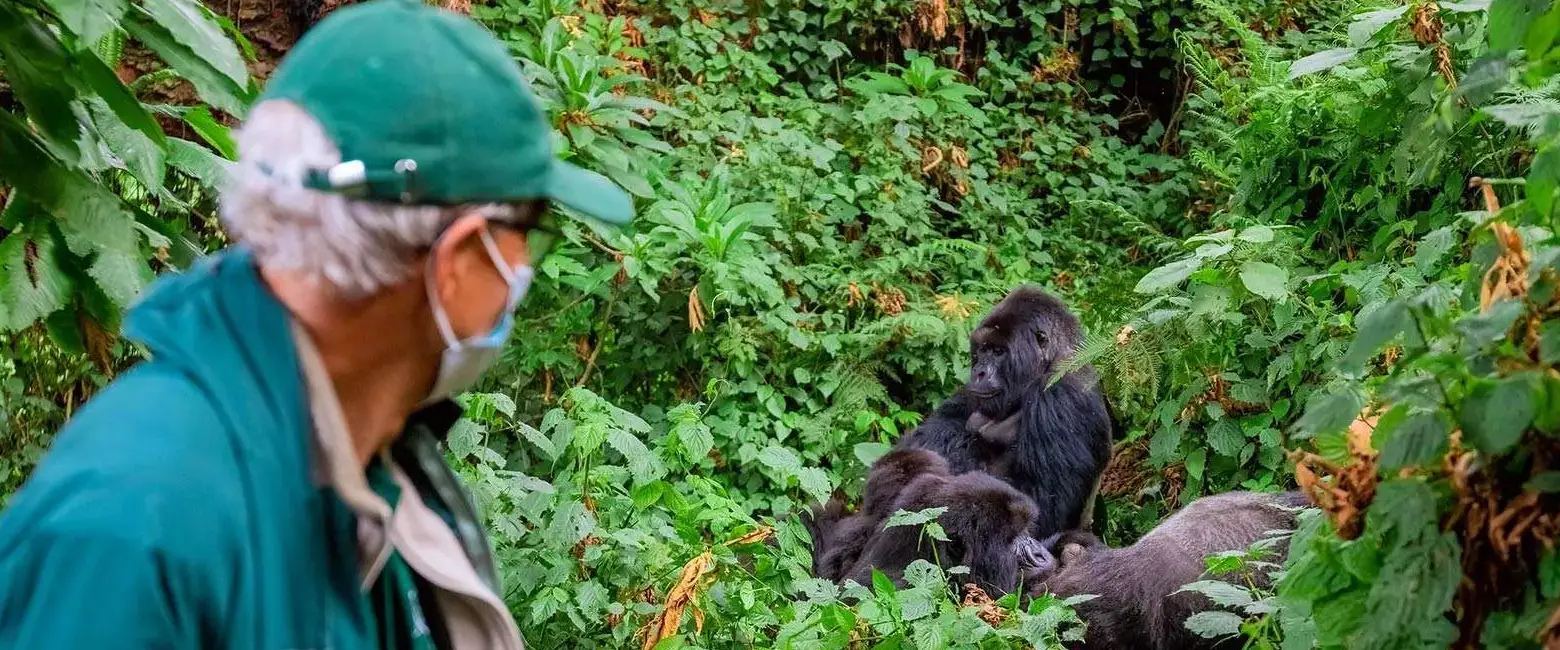
Uganda Safari is a once-in-a-lifetime adventure for many wildlife enthusiasts, and understanding the Uganda Safari cost is a crucial part of planning your unforgettable experience. The Uganda Safari Cost can vary based on several factors, including the duration of your stay, accommodation preferences, the number of destinations you plan to visit, and the activities you wish to include in your itinerary.
Budget Safari: If you're looking for an affordable option, budget safaris in Uganda typically cost between $150–$300 per person per day. These safaris often include group tours, basic accommodations (such as simple lodges or tented camps), shared transport, and meals. Park fees are usually included in this price range.
Mid-Range Safari: For those seeking a balance of comfort and cost, mid-range safaris range from $300–$600 per person per day. These packages often include stays in more comfortable lodges, private transport, and a more personalized safari experience with smaller group sizes and better amenities.
Luxury Safari: For the ultimate in comfort and exclusivity, luxury safaris can cost anywhere from $600–$1,500+ per person per day. This includes stays at high-end lodges or exclusive tented camps, private game drives, gourmet meals, and additional experiences such as gorilla trekking, bird watching, or boat safaris.
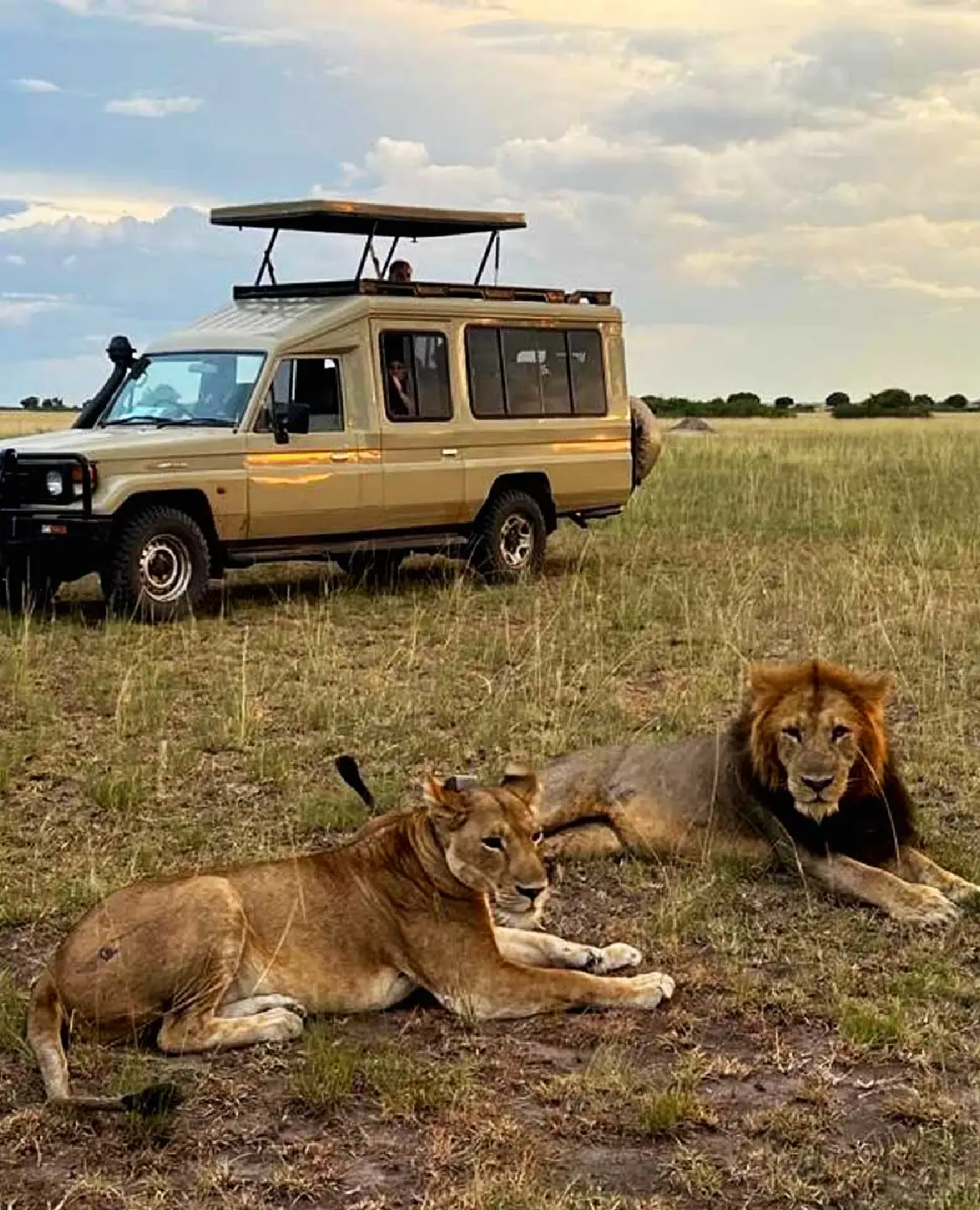
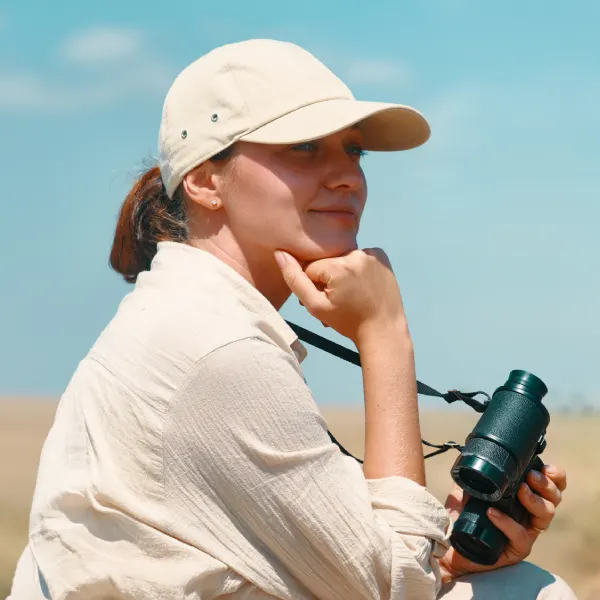
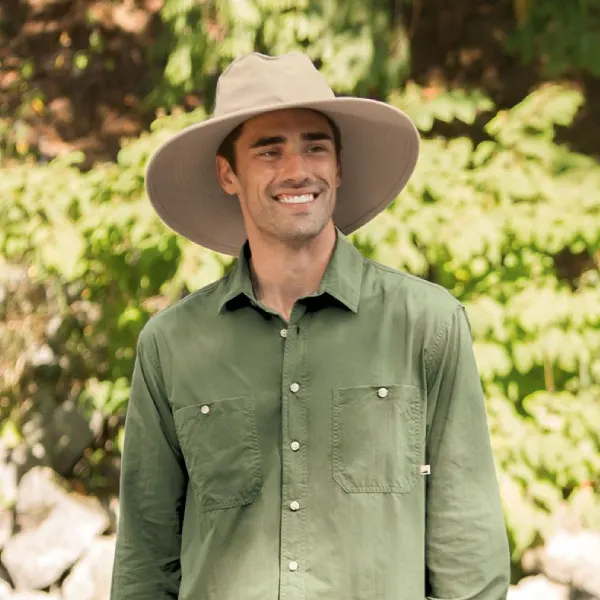
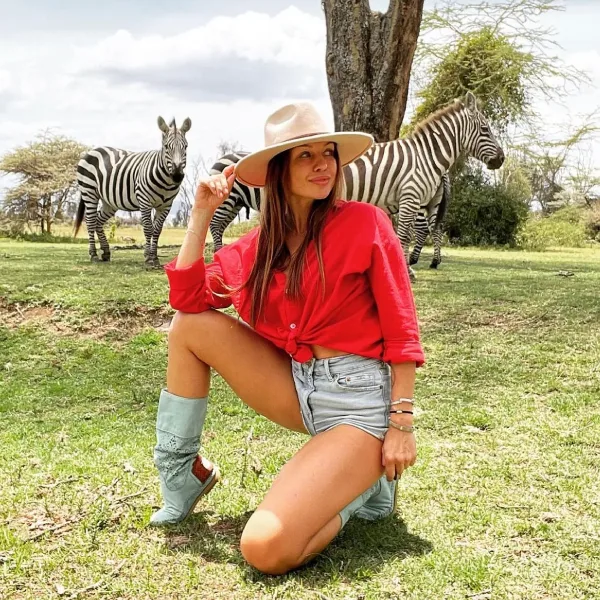

Melodica Africa Tours creates lasting change—supporting local communities, conserving wildlife, and protecting nature. Join us in travelling responsibly and making a meaningful difference with every unforgettable safari experience.
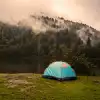
Feb 2025
The guide was absolutely fantastic. Emanuel was present answering questions and not least telling a lot like the animals.

Feb 2025
The guide was absolutely fantastic. Emanuel was present answering questions and not least telling a lot like the animals.
Talk to our friendly safari experts today. We’ll care, guide, and create a journey that’s perfectly tailored to your dreams—authentic, personal, and unforgettable.
Call us today from 9am
+254722626235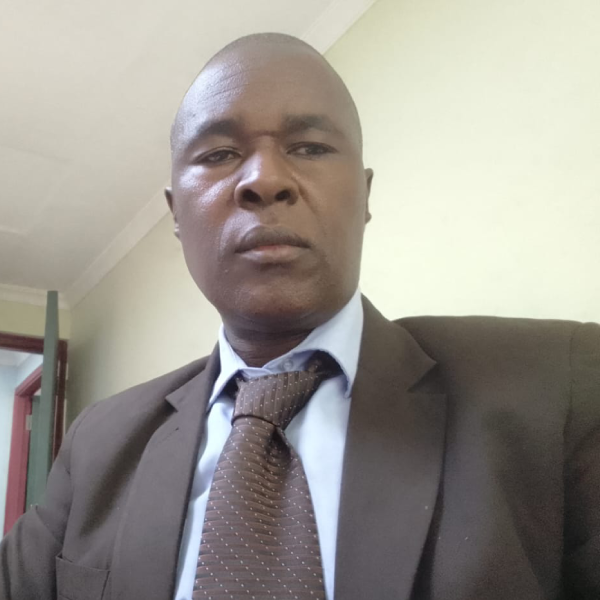
Managing Director

Sales & Reservations Manager
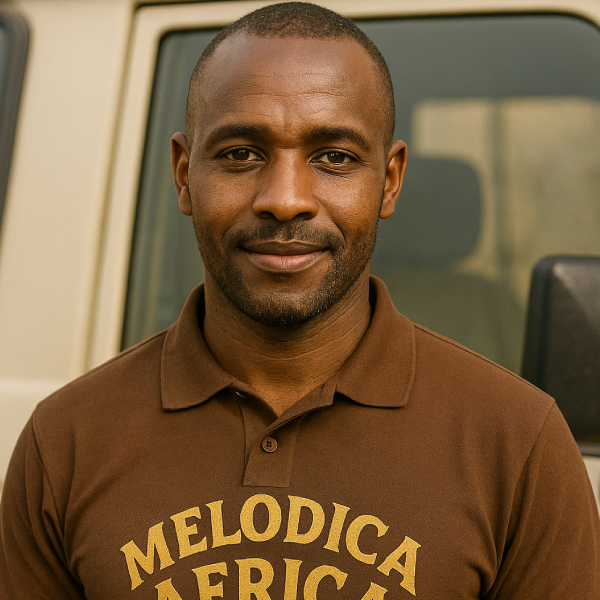
Tour Consultant